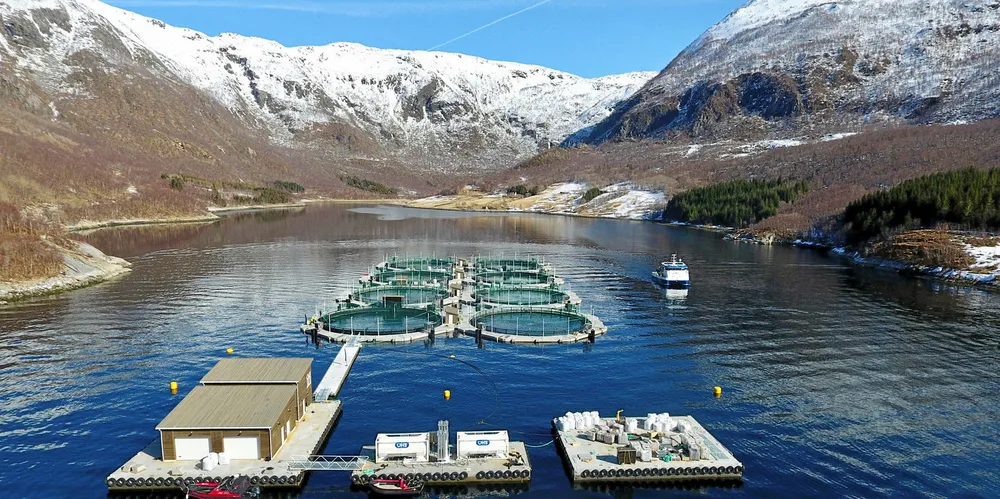Dear Patagonia: Here's what you don't understand about salmon farming
'Have a little more faith that the entire aquaculture world is working on the same mission as you.'

'Have a little more faith that the entire aquaculture world is working on the same mission as you.'
